
The BJP-led government in New Delhi and its allies continue targeting the BBC for exposing its excesses, with the latest point of contention being a report on the state of journalism in Indian Occupied Kashmir. The backlash thus far has not been as harsh as February’s raid on the BBC’s Indian offices, which were due to ‘tax issues’ that only came to light after the British state broadcaster aired a documentary series focused on Prime Minister Narendra Modi’s criminal treatment of the country’s Muslim population, especially his role in the 2002 Gujarat riots, which a British government report referred to as having “all the hallmarks of ethnic cleansing”. The two-part series, banned in India, also delved into Modi’s actions as PM, including the controversial citizenship bill, revocation of Kashmiri autonomy, and the use of violence against rights activists and peaceful regime opponents.
One of the more comical punishment attempts was a resolution by the BJP-led Assam assembly to sue BBC for questioning press freedom in India. But the most active harassment came in the form of a tax raid, where computers and phones belonging to the company and its employees were seized, even though no evidence of wrongdoing has been produced since then. But India’s importance to the Western powers means that British PM Rishi Sunak was more than happy to hug and pose with Modi just two months after the raid, and none of the Western leaders that have shared a stage with Modi before or since have raised the issues relating to his authoritarian rule, at least in public.
The recent investigation in Occupied Kashmir has angered the region’s police force, which is warning of legal action against BBC for exposing its “sinister and systematic campaign to intimidate and silence the press”. But the police could not cite anything specifically wrong with the story, and instead took credit for improving security — which the BBC story says required prosecuting and jailing journalists for ‘negative’ reporting unrelated to national security, such as local governance and civic issues.
Published in The Express Tribune, September 5th, 2023.
Like Opinion & Editorial on Facebook, follow @ETOpEd on Twitter to receive all updates on all our daily pieces.


















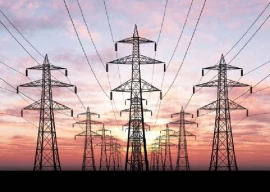

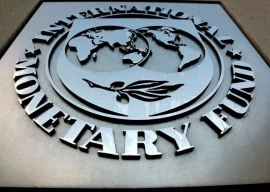
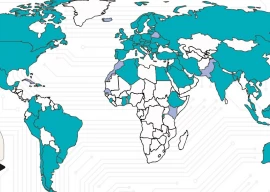

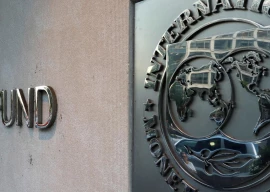




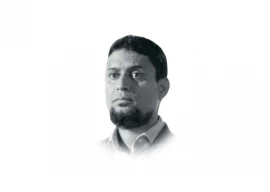

COMMENTS
Comments are moderated and generally will be posted if they are on-topic and not abusive.
For more information, please see our Comments FAQ